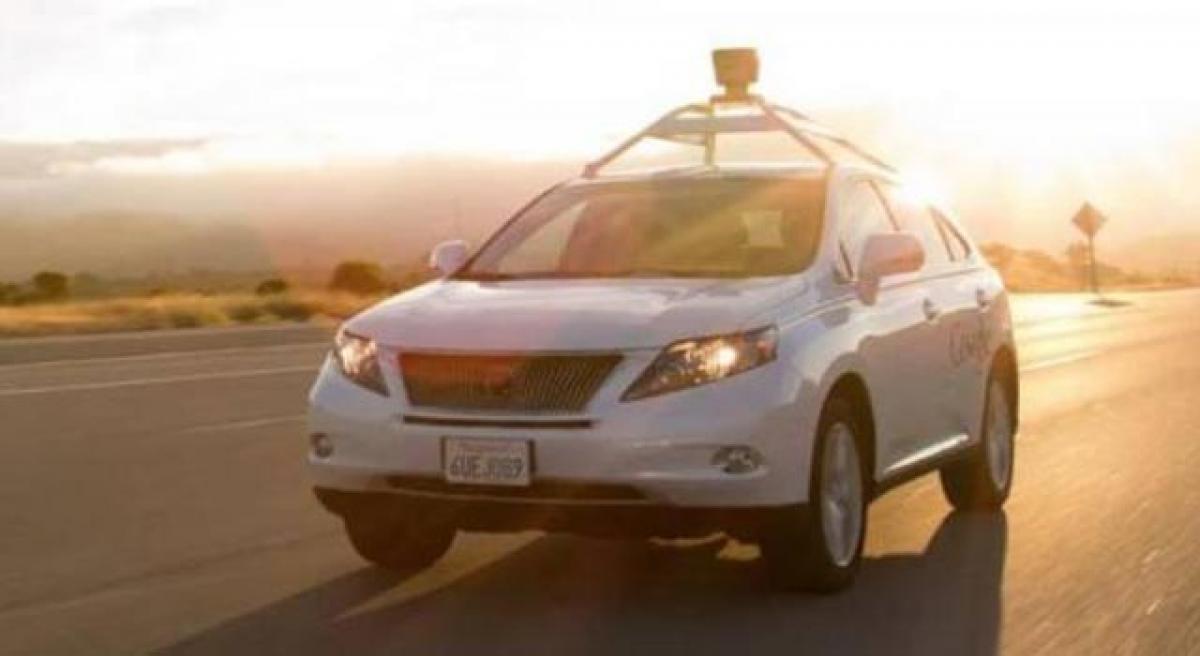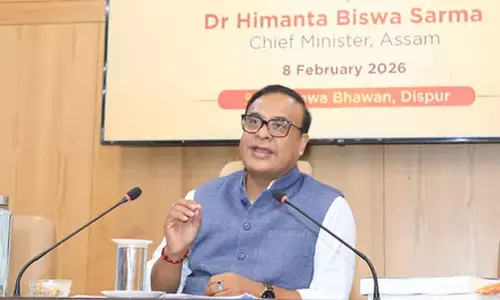Cellular signals-based navigation for driverless cars soon

A team of US researchers has developed a reliable and accurate navigation system that exploits existing environmental signals such as cellular and Wi-Fi rather than the Global Positioning System (GPS).
A team of US researchers has developed a reliable and accurate navigation system that exploits existing environmental signals such as cellular and Wi-Fi rather than the Global Positioning System (GPS). The technology can be used as a stand-alone alternative to GPS or complement current GPS-based systems to enable highly reliable, consistent and tamper-proof navigation.
The technology could also be used to develop navigation systems that meet the stringent requirements of fully autonomous vehicles, such as driverless cars and unmanned drones, said the team from University of California, Riverside.
"Our goal is to get autonomous vehicles operate with no human-in-the loop for prolonged periods of time, performing missions such as search, rescue, surveillance, mapping, farming, firefighting, package delivery and transportation," said Zak Kassas, assistant professor of electrical and computer engineering.
Most navigation systems in cars and portable electronics use the space-based Global Navigation Satellite System (GNSS). For precision technologies, such as aerospace and missiles, navigation systems typically combine GPS with a high-quality on-board Inertial Navigation System (INS).
Despite advances in this technology, current GPS/INS systems will not meet the demands of future autonomous vehicles for several reasons. GPS signals alone are extremely weak and unusable in certain environments like deep canyons.
"Civilian GPS signals are unencrypted, unauthenticated, and specified in publicly available documents, making them hackable," the researchers noted. Instead of adding more internal sensors, Kassas and his team have been developing autonomous vehicles that could tap into the hundreds of signals around us at any point in time, like cellular, radio, television, Wi-Fi and other satellite signals.
The system can be used to supplement INS data in the event that GPS fails. The team presented its research at the 2016 Institute of Navigation Global Navigation Satellite System Conference (ION GNSS+), in Portland, Oregon recently.










